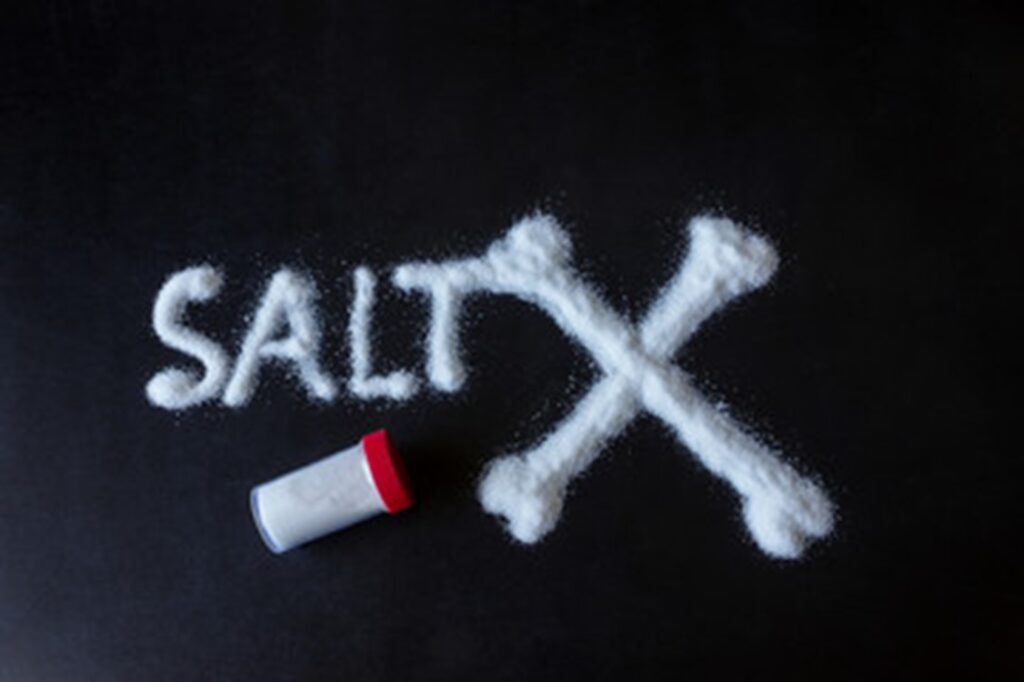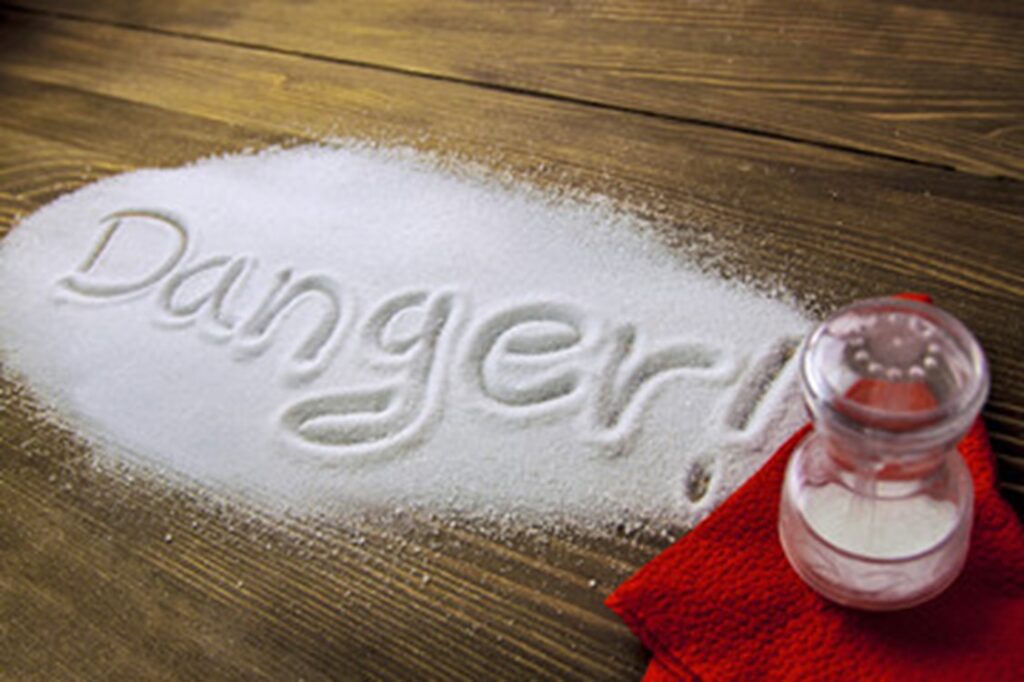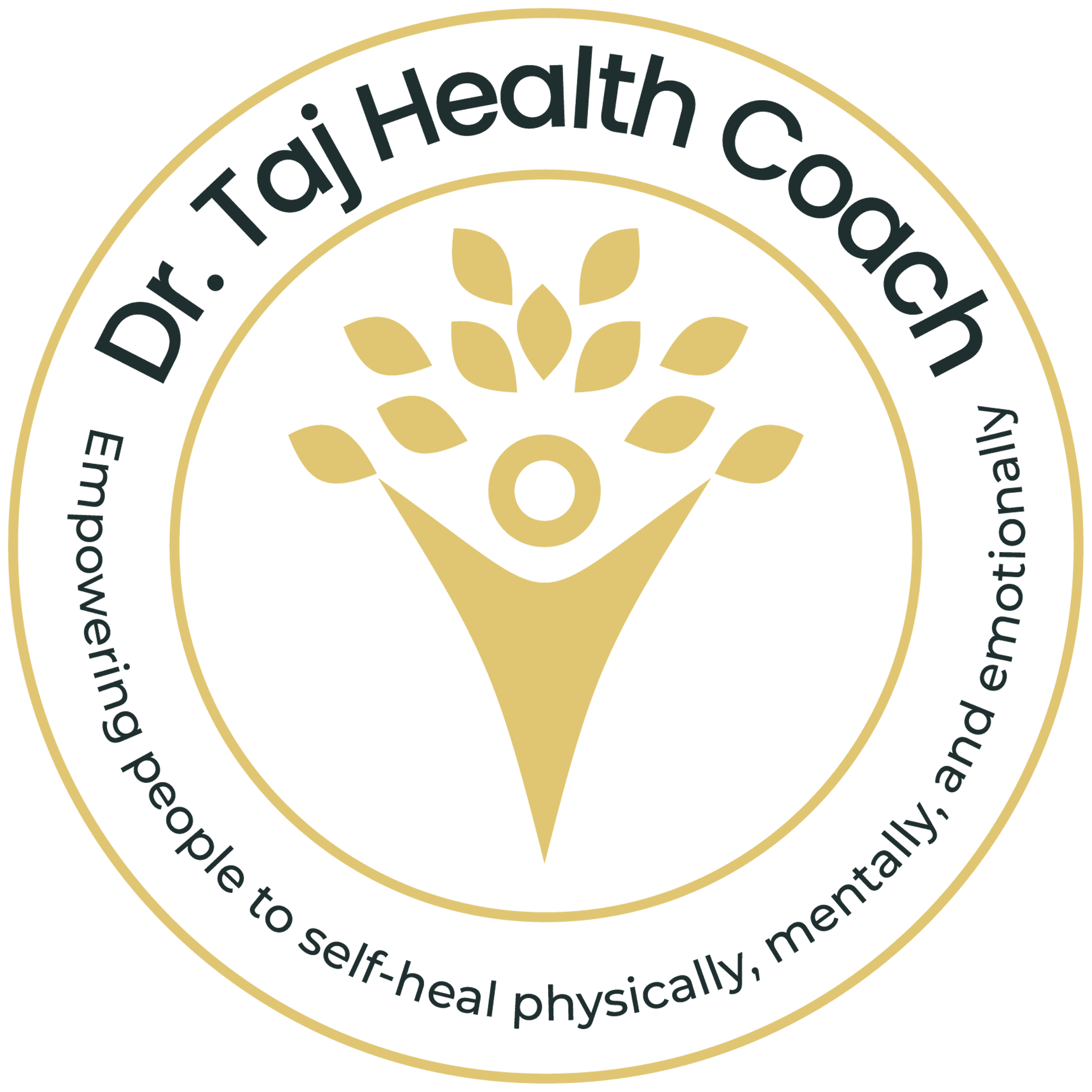
Too much salt is unhealthy because it can lead to a medical health crisis. Consuming salt increases your blood pressure, eventually leading to cardiovascular disease, resulting in 17.9 million deaths every year.
Many people eat too much salt without even realizing it. The processed foods that come in a box, bag, or bottle have more salt than natural food. It is very easy to eat too much salt without knowing it.
Restaurants and fast-food places add to the problem of too much salt in our diets. They put extra salt in their food to make it taste better.
It is okay to eat one teaspoon of salt per day. But it is easy to eat too much without even knowing it. To make sure we stay healthy, we need to watch how much salt we eat.
Here is everything you need to know about salt, a huge medical health crisis:

Too Much is Unhealthy Because?
Salt is important for our diets but too much of it can be bad. Too much salt is unhealthy because it can cause stroke, kidney disease, brain damage, high blood pressure, and heart disease.
Salt can be dangerous if you eat too much. The limit, I suggest, for how much salt you should have each day is 1 gram or less.
The World Health Organization has urged governments to act on this issue and pass stricter regulations for an upper limit of sodium intake for citizens. I feel that people need to take more responsibility for their health and eat less processed foods and eat more whole foods.
If not taken care of, 7 million people could die from eating too much salt. This is a serious problem and we need to create more awareness to make sure everyone understands the importance of low salt intake.
Here are the main reasons why salt is so dangerous to our health:
Kidney diseases
Kidney diseases is a serious health issue, as these organs are responsible for removing salt and other excess fluids in the body.
Too much salt intake is one of the main things that put a strain on the kidneys, forcing them to work harder to filter out this salt from the bloodstream.
Without proper care, a person’s kidneys can end up overworking and leading to its failure. If untreated, kidney diseases could potentially result in permanent damage or even death.

Heart disease and High Blood Pressure
Your heart’s arteries can become susceptible to damage from too much salt intake. It will not properly function as it is being starved of oxygen and essential nutrients. Damage to the arteries can reduce the amount of blood that flows to the heart, causing a heart attack—and even death.
High blood pressure is one of the leading risk factors for heart disease. Too much salt in the diet can increase your blood pressure and cause damage to your cardiovascular system.
Salt intake affects the amount of blood flow to our hearts, as salt restricts vessels and reduces oxygen supply to the heart, hindering its optimal functioning.
This can lead to blockage in major arteries and eventually result in a heart attack or other deadly cardiac events.
Brain damage
If you eat too much salt it can make it hard for blood to get to your brain. This is called vascular dementia. It can cause problems with thinking and also change how you act.
If it is not stopped, this can cause the brain to stop working correctly. If you do not take care of it, it could mean your life will be much worse in the future.

Stroke
High salt intake has been linked to stroke, a potentially debilitating type of cardiovascular event.
Too much salt can cause blood pressure to spike, leading to the formation of clots that disrupt blood flow in vital areas of the brain and could lead to paralysis or loss of memory.
Autoimmune diseases
The salt that we consume in our diets can have a surprisingly detrimental impact on the body’s immune system.
Yale researchers recently discovered that consuming high salt diets leads to increased inflammation within cellular systems, weakening the body’s natural defense methods against harmful viruses and diseases.
When the body’s defense cells do not work correctly, it can cause many different illnesses. These illnesses are called autoimmune disorders and include rheumatoid arthritis, psoriasis, diabetes, and many others.
Why Too Much Salt Is Unhealthy For Us? Or Not?
To reduce the risk of the above conditions, it is important to limit salt intake by recognizing and avoiding food sources that are especially high in salt.
This means reducing eating meals and restaurants and being mindful of foods like processed meats, pickles, canned soups, and prepackaged meals.
Even foods like bread and cereal can contain large amounts of salt without being obviously salty, so be sure to read nutrition labels carefully before purchasing. Better yet, eat a whole-food diet.
Decreasing salt consumption may not only help protect against these and other conditions but will also improve overall health and well-being.
For more health information, Dr. Taj M. Haynes is here to guide you on your health journey.
FAQs
What are the dangers of salt intake?
Excessive salt intake is linked to high blood pressure, cardiovascular disease, stroke, and kidney problems. It can also lead to water retention and weight gain.
How much salt should I consume in a day?
The American Heart Association (AHA) recommends 2,300 milligrams (mg) of sodium or less per day. However, it’s important to note that children, older adults, and people with high blood pressure should aim for an even lower intake. I suggest 1,000 mg or less a day.
Does eating salty foods increase my risk of developing health issues?
Eating processed or pre-packaged foods can significantly increase your daily salt intake. So if you’re consuming these types of food regularly, it is best to limit them to ensure that you don’t exceed the recommended amount.
Are there any natural ways to reduce my sodium intake?
Yes! Reducing your sodium intake doesn’t have to mean eliminating all your favorite foods from your diet – you just need to be mindful of what you’re eating and look for alternatives when possible. Some tips include opting for whole foods and fresh produce instead of processed foods.
